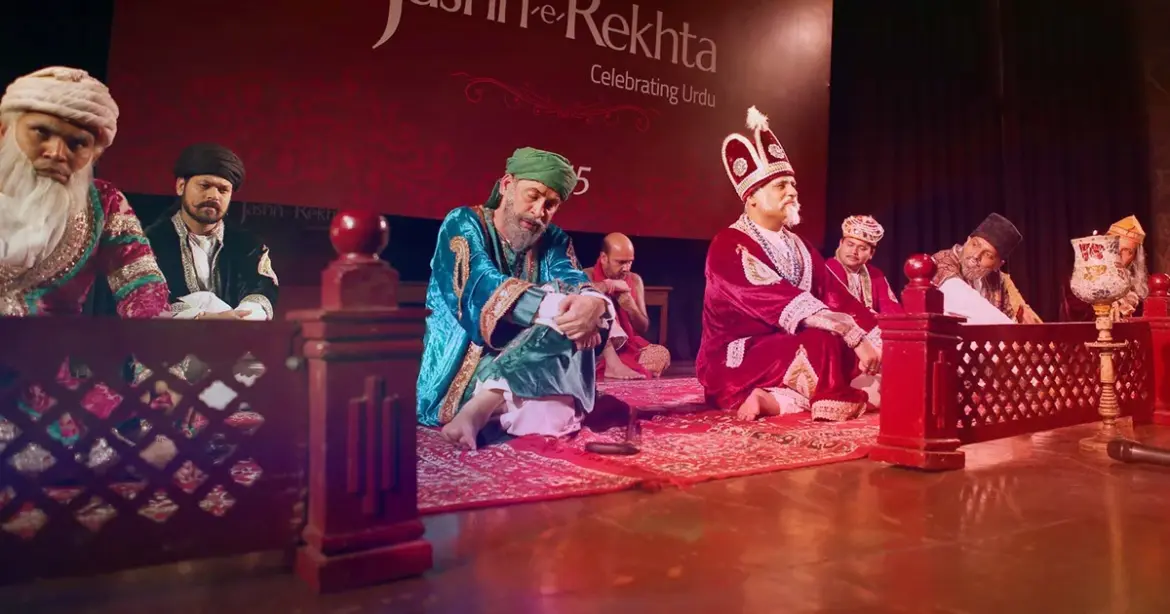Do you ever feel like life in Pakistan is getting faster, noisier, and somehow a little… emptier? Between smartphones, online shopping, and fast-paced city life, many of our beautiful old traditions have quietly faded into the background. The result? A culture that’s modern but missing some of its old heart and soul.
But who says we can’t bring them back? From family meals to poetry nights and good old handwritten letters, here are some wonderful Pakistani traditions that deserve a revival and maybe, just maybe, it’s time for us to make it happen.
1. Sunday Family Dastarkhwan
Once upon a time, Sundays were sacred not for Netflix, but for a full family breakfast spread. The table would be laid with nihari, halwa puri, parathas, and lots of conversation. Cousins would argue over the last kebab while grandparents shared stories.
Now? Everyone eats in front of their screens or orders something online.
Why it matters: Shared meals bring families closer and create memories that last a lifetime. Reviving this tradition can strengthen bonds across generations.

2. Mehfil-e-Mushaira and Storytelling Nights
There was a time when poetry and stories were at the heart of Pakistani culture. Mushairas poetry gatherings would fill drawing rooms with verses of Iqbal and Faiz. And who can forget the joy of listening to grandparents tell folktales late at night?
Today’s children are more likely to hear bedtime stories on YouTube.
Why it matters: These gatherings nurtured imagination, language, and cultural identity. Bringing them back would help us reconnect with our literary heritage.
3. Weddings at Home
Traditional weddings used to happen in family homes or community spaces. The courtyard would be decorated with lights and flowers, neighbours would help with preparations, and there was a deep sense of warmth and belonging.
Now, weddings are elaborate, hotel-based affairs managed by event planners. The charm of simplicity is often lost.
Why it matters: Home weddings were personal, budget-friendly, and full of community spirit. A simple, intimate wedding can often be far more meaningful than a grand production.
4. Handwritten Letters
Before WhatsApp and Instagram, people wrote letters by hand. Receiving a letter was an event: the feel of the paper, the handwriting, and the emotions behind every word.
Today, instant messages have replaced this art.
Why it matters: Handwritten letters offer a personal touch that digital messages can never match. Even writing one letter a month could bring back some of that lost magic.

5. Traditional Street and Board Games
Carrom board, ludo, pitthu garam, these were the games that once defined childhood in Pakistan. Kids would play outside for hours, forming friendships and learning teamwork.
Now, children are glued to screens, often indoors.
Why it matters: Outdoor and traditional games promote physical activity, creativity, and social interaction. Encouraging kids to play these again would enrich their childhoods.
6. Chaand Raat Bazaars
Chaand Raat used to mean noisy bazaars filled with bangles, mehndi, street food, and laughter. Families would stay out late, enjoying the festive atmosphere and celebrating together.
Today, many opt for online shopping or a quick mall visit. The joy of the old Chaand Raat is fading fast.
Why it matters: These bazaars created a sense of community and celebration. Bringing them back would restore the spirit of togetherness that is at the heart of our festivals.

7. Neighbourhood Get-Togethers
There was a time when neighbours weren’t strangers. People would regularly gather for tea, exchange food, and support each other. Today, many of us don’t even know who lives next door.
Why it matters: Neighbourhood connections create safer, friendlier communities. Simple acts, like inviting a neighbour for tea, can go a long way.
8. Seasonal Festivals and Melas
Basant, local melas, kite-flying festivals these events once brought colour and joy to Pakistani life. Unfortunately, many have disappeared due to urbanisation or restrictions.
Why it matters: Festivals celebrate our diverse cultural heritage. Reviving them safely and inclusively would reconnect us with our roots and provide shared experiences for the community.
Can We Bring These Traditions Back?
Absolutely but it starts with us. Instead of only looking forward, we can also look back and choose which parts of our culture we want to preserve. Whether it’s a family breakfast, a poetry night, or an old board game, even small efforts can make a big difference.
So, which tradition would you like to revive first? Maybe it’s time to start this journey one beautiful custom at a time.
